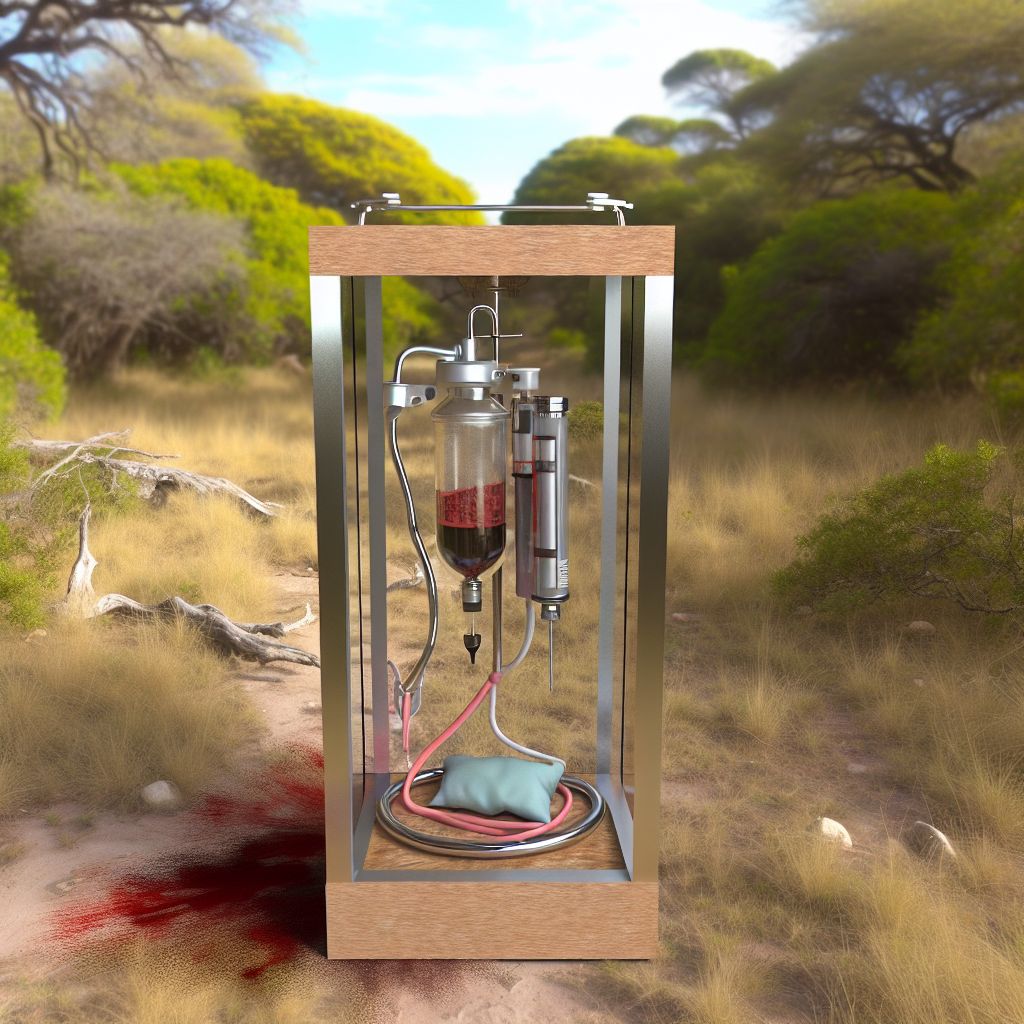Deutsch: Medizinprodukt / Español: Dispositivo médico / Português: Dispositivo médico / Français: Dispositif médical / Italiano: Dispositivo medico
In the quality management context, a "medical device" refers to any instrument, apparatus, implement, machine, appliance, implant, reagent for in vitro use, software, material, or other similar or related article intended by the manufacturer to be used, alone or in combination, for a medical purpose. Quality management for medical devices focuses on ensuring that products consistently meet regulatory requirements and customer needs, especially regarding safety and efficacy.
Description

Medical devices range from simple tongue depressors and medical thermometers to complex programmable pacemakers and sophisticated imaging systems. The quality management of these devices involves rigorous regulatory standards to ensure safety and functionality. This includes compliance with international standards such as ISO 13485, which specifies requirements for a quality management system where an organization needs to demonstrate its ability to provide medical devices and related services that consistently meet customer and applicable regulatory requirements.
Application Areas
- Risk Management: Implementing processes to identify, evaluate, and control risks associated with medical devices throughout their lifecycle.
- Regulatory Compliance: Ensuring all medical devices meet strict standards set by regulatory agencies like the FDA (U.S. Food and Drug Administration) or the EMA (European Medicines Agency).
- Process Validation: Verifying that manufacturing processes consistently produce outputs that meet predetermined quality requirements.
- Continuous Improvement: Utilizing feedback loops, including audits and corrective and preventive actions (CAPA), to enhance product quality and manufacturing processes.
Weblinks
- industrie-lexikon.de: 'Medizinprodukt' in the industrie-lexikon.de (German)
Summary
A "medical device" in the quality management context is critical for ensuring that healthcare products are both safe and effective for public use. Stringent regulatory standards and Quality Management Systems like ISO 13485 play pivotal roles in sustaining high safety standards and fostering trust among healthcare providers and patients alike.
--
Related Articles to the term 'Medical device' | |
| 'Qualification' | ■■■■■■■■■■ |
| Qualification in the context of quality management refers to a systematic process of evaluating, assessing, . . . Read More | |
| 'End-user' | ■■■■■■■■■■ |
| End-user refers to the individual or group who ultimately uses or is intended to use a product or service. . . . Read More | |
| 'Cytotoxicity' | ■■■■■■■■■■ |
| Cytotoxicity in the context of quality management refers to the quality control and assurance processes . . . Read More | |
| 'Multilayer' | ■■■■■■■■■■ |
| Multilayer in the context of quality management refers to a structured approach that involves multiple . . . Read More | |
| 'Good Manufacturing Practice' | ■■■■■■■■■■ |
| Good Manufacturing Practice (GMP) is a set of guidelines and regulations that ensure products are consistently . . . Read More | |
| 'Testing and Inspection' | ■■■■■■■■■ |
| Testing and Inspection in the quality management context refer to the systematic processes used to evaluate . . . Read More | |
| 'Identifier' | ■■■■■■■■■ |
| Identifier in the context of quality management refers to a unique symbol, name, number, or combination . . . Read More | |
| 'Irradiation' | ■■■■■■■■■ |
| Irradiation in the context of quality management refers to the process of exposing materials, products, . . . Read More | |
| 'Polymer' | ■■■■■■■■■ |
| Polymer in quality management refers to a large molecule composed of repeating structural units, utilized . . . Read More | |
| 'Barcode' | ■■■■■■■■■ |
| Barcode is a method of representing data in a visual, machine-readable form. In the quality management . . . Read More | |
